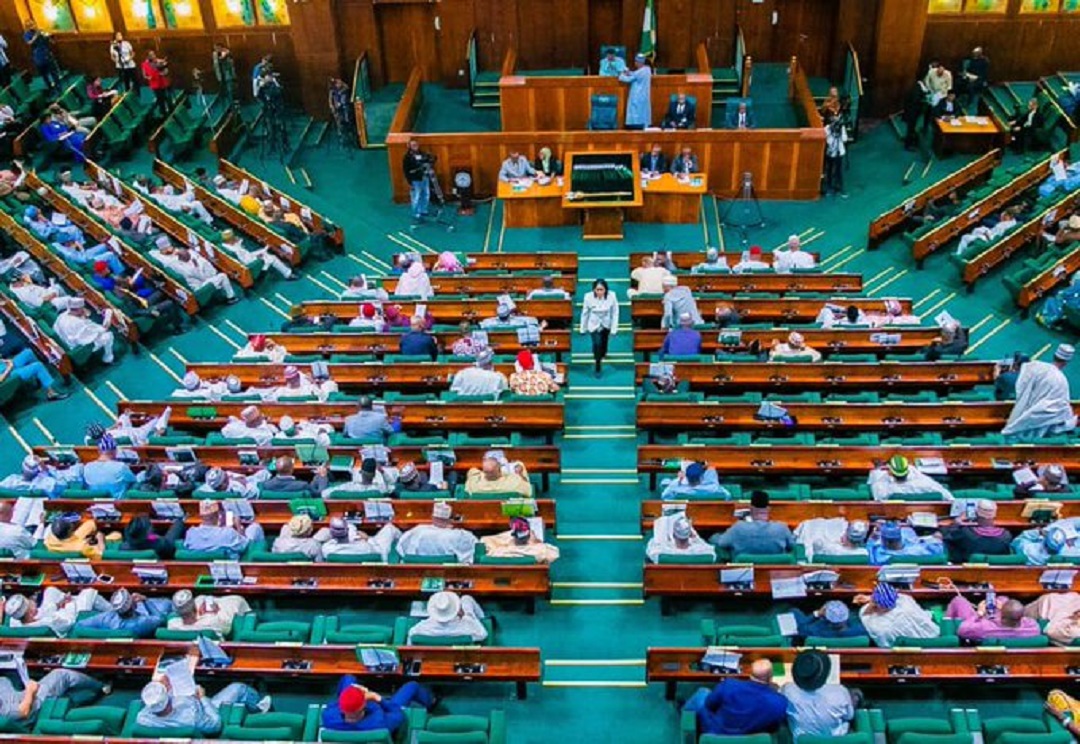“An eye for an eye wilt only make the whole world blind” – Mahatma Gandhi
It has become a standard truism that even a day can be too long in politics. So imagine my dilemma after a twelve-day absence from Nigeria: events have been fast-paced, cascading upon each other, leaving everybody breathless, in their intensity. Nigeria is going through a most difficult phase today and frankly returning home this week has been with a fair amount of trepidation. There’s a huge pile of newspapers to plod through; a world of news to dissemble and a nation to interrogate when it has become increasingly difficult for most people to find the rational detachment to understand issues and offer a dispassionate assessment or even find the interconnectedness in phenomena. It is like living in a land where a sizeable section of the population has gone through a forcible process of lobotomy!
In the camps with the Saharawi people, there was not much news from Nigeria and the fact that I was soaking in the experiences of life of war and refuge, provided a totally different but nevertheless, humanly familiar backdrop, to the events unfolding in Nigeria. After all, the whole experience had a content list we could relate to: politics, efforts at nation building and the varieties of human experiences such as suffering, warfare, hopes for the future and the love of life. The human canvass is so broad, that it can take as much colour as we possibly can splash on it in our different corners of this world. Nevertheless, deep down in my mind, I knew that Nigeria remains the ever-active volcano with a seismic intensity close to its surface but ever spewing the ash of a deformed riding class politics. In that scenario, the people are permanently the cannon fodders presented for a collateral damage which never receives compensation.
I returned to London last Thursday to be confronted with a surfeit of information about the burlesque which is playing out within the haloed precincts of Nigeria’s presidency as President Umaru Yar’adua sinks deeper into a ghostly none-being, hidden from sightings by what is now called a “cabal” and the hawks of power fight out a duel of life over the spoils of state control, with an intensity so appropriate to the task at hand. In Nigeria, that task is to comer the right to be the looter-in-chief while in control of prebends of influence. Never mind that such a war of attrition lays everything to waste; who cannot see the result of the period of civil rule sine 1999 for what it is: spoliation of Nigeria; the criminalization of the state; the institution of impunity; the alienation and marginalization of its people and their increasing dehumanization and loss in orgies of wars?
As it was, on the afternoon that I entered London, I received an email from a non-Nigerian friend of Nigeria whose impeccable knowledge of the innards of Nigerian political life confirmed to me that Nigeria’s ruling elite was truly locked in a vicious struggle for power even when the nation they preside over and loot with a manic frenzy is dying by installments. But more worrisome is the irresponsible manner sections of the press have read a “North-versus- South” meaning into the politics, in obvious pursuit of agendas to destroy our country. Next was the news of the tragic reprisal killings of over three hundred people: men, women and children, in three villages on the outskirts of Jos, last weekend. It is this tragic event which has inspired the quotation at the head of this piece. My heart bleeds that we have continued to harvest the death of poor people in conflicts that have a medieval ferocity to them. Two issues are pertinent in the tragic killings of last weekend, as much as the earlier killings; the first is the deepening of irrelevance of the state and the failure of its intelligence gathering organs.
But far more importantly, is that when a state cannot be seen to have the “relative autonomy” required to play the arbiter in conflicts arising in society or when in fact the state has become sucked into such conflicts as a willing participant in these conflicts, then a country runs the risk of people employing what Rufa’i Ibrahim called “self help” in solving problems of inter-communal relationships. The tragic killings in Jos have exhibited this problem in a most consistent, if unfortunate manner. The second issue arising was recognized by one of the most respected religious leaders in Nigeria today, Archbishop John Onaiyekan, who pointed at the deep socio-economic and ethnic tensions underlying relations between and within social groups in our country. The proper meaning here is that the state fails the people; the ruling elite steals resources that should ordinarily go into the processes of development leaving the people stranded desperately and forlornly on the margins of a confusing world. To escape the wrath of the people, these poor people are then set against themselves, after the whipping up of emotions around identities: ethnic and religious.
Unfortunately for Nigeria, the genie has escaped from the bottle and those responsible are too inept, corrupt and irresponsible to pull back from the brink. This is the background which took us to the no-win world of an eye for an eye, and in Plateau or elsewhere for that matter, everybody is headed for blindness! Clearly we cannot build progress on the basis of vengeful reprisals or turn back the hands of the clock, around new readings of history; these have been very much at the heart of the recurrent crisis in Plateau state. The elite must denounce killings and orgies of violence by their side, on all sides, while the state must in turn prosecute those who have been responsible for killings on all sides as well. The main reason for the existence of a state is the protection and security of the people, all the people within the precincts of the state. It means that the state must possess an autonomy which allows every community to believe that the state can be trusted to be fair to all in times of peace or conflict. Unfortunately, this has not been the general pattern in our country, but especially in a crisis prone state such as Plateau.
I returned home early on Monday morning to the normal hazards of Nigerian existence and these often start at the airport. The gentleman who queued in an orderly manner at Heathrow airport six hours ago, all of a sudden becomes a “big man” that will be asked to jump a queue by a posse of security men, who are really touts in uniform (often asking what you brought for them from your trip); of course the arrival hall has no functional air-conditioning system and after extricating yourself from the madness at the airport, you enter the chaotic traffic and finally arriving home, you find there is no electricity, something that even the dwellers of Saharawi refugee camps take for granted! Yes, I am truly back home and I need a briefing on the state of Nigeria!


